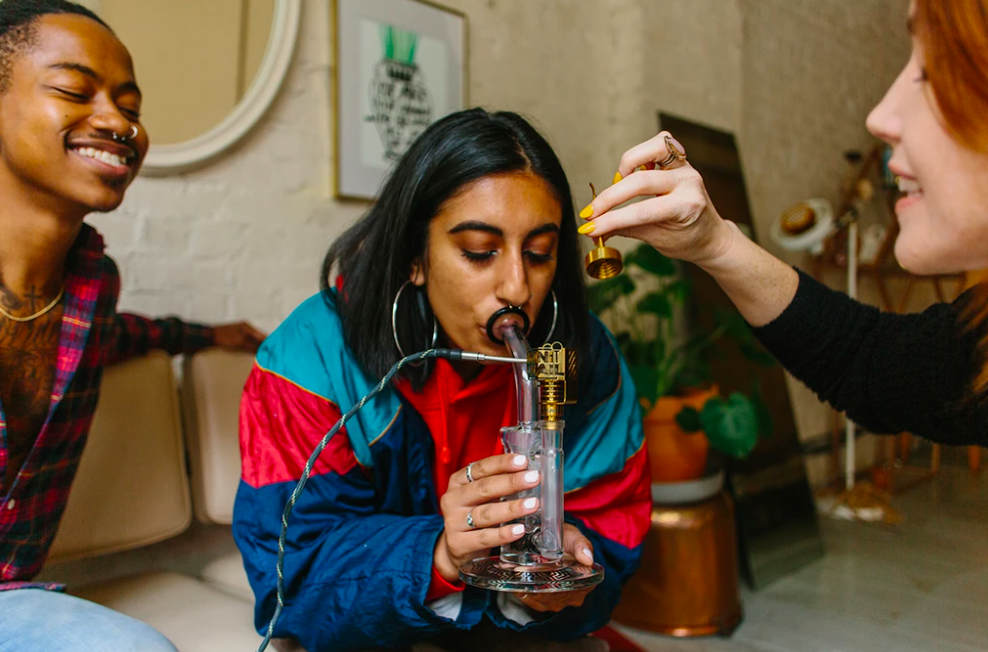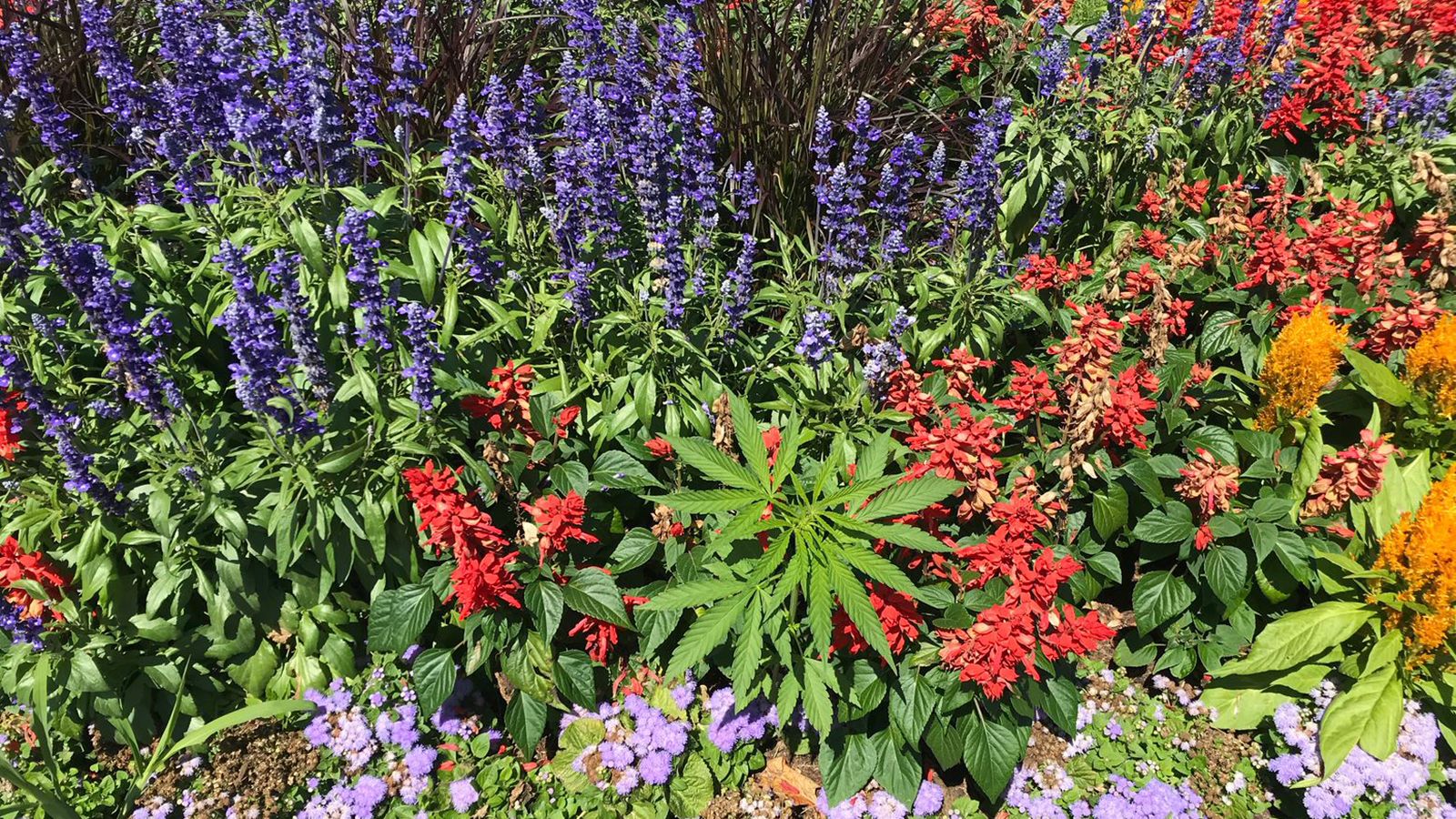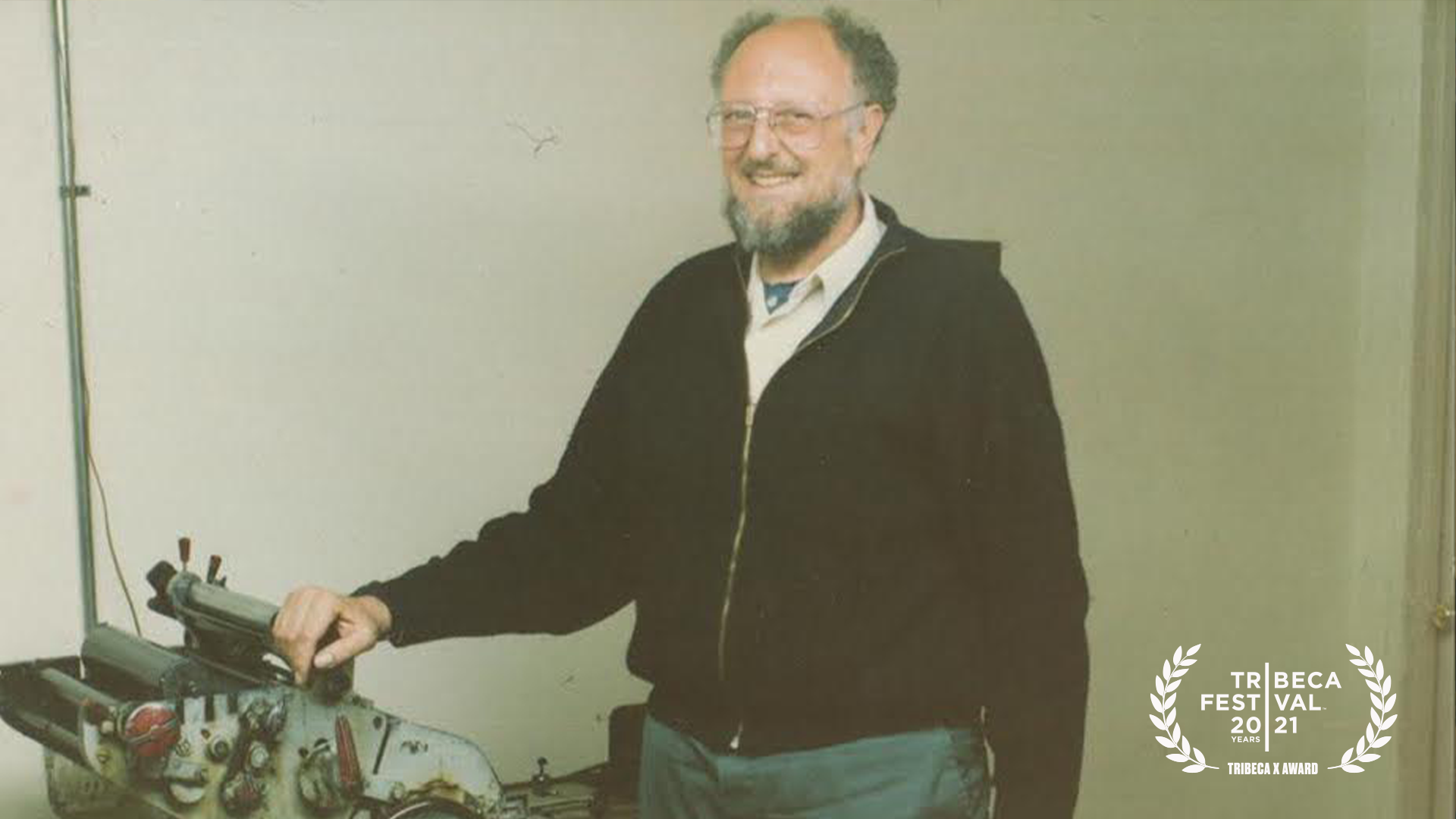Image via
Washington state lawmakers have proposed a bill that would place new restrictions on cannabis concentrates that have legally been available since 2014.
Last year, a bipartisan group of lawmakers introduced HB 1463, a bill to limit the potency and availability of “high-potency cannabis.” If passed, this proposal would impose a maximum THC limit of 30 percent on all legal cannabis concentrates sold in the state. The bill would also make it illegal for stores to sell these concentrates to anyone under the age of 25. Medical marijuana patients would be exempt from these restrictions.
HB 1463 failed to advance last year, but lawmakers decided to give it another shot this year. The bill was reintroduced into the House at the beginning of this month, and it will receive its first public committee hearing this week.
Lawmakers created this bill to address concerns that high-THC concentrates could pose serious risks to young adults. The legislation cites a recent consensus statement by researchers from Washington State University and the University of Washington, which outlines the potential risks of “concentrated oils and butters that can contain up to 99% THC.”
In their statement, the researchers conclude that the “THC content of cannabis products contributes to adverse health effects in a dose-response manner. This increased risk imposed from using higher potency cannabis products is particularly concerning for young users and those with certain pre-existing mental health conditions.”
“These harms are likely to disproportionately affect marginalized populations (low income, minorities) who choose high potency products because of their lower costs, ease and discrete nature of use, glamorization of its use through social media and advertising, and perception of safety,” the researchers explain.
Other research has cast doubt on these claims, though. One recent study found that subjects who dabbed high-THC concentrates did indeed have higher THC levels in their blood than subjects who smoked regular bud. However, a battery of cognitive tests and self-assessments found that the dabbers were not significantly more stoned, nor negatively impaired, than the regular-strength flower smokers. Other studies have also failed to find any connection between high-potency extracts and negative health outcomes. At least as of yet.
Critics have argued that limiting the strength of legal weed extracts will do nothing to reduce the demand for these popular products. If high-potency products are not legally available, consumers will likely end up buying them on the black market, which would pose an even greater health risk, since illegally-produced weed products are not tested or regulated.
“This will incentivize black market sales, as cannabis concentrates of more than 30% are popular and sought by consumers,” Bo Jackson, a lobbyist who has been fighting against the bill since it was proposed last year, told Ganjapreneur.
“The age restriction, 25 for concentrates, is inconsistent with current regulations we see on tobacco and alcohol and seems to be targeting cannabis consumers,” Jackson added. “While every industry is subject to regulation, those regulations need to benefit the entire community. This bill creates an arbitrary restriction that hurts consumers, industry, and medical users.”











